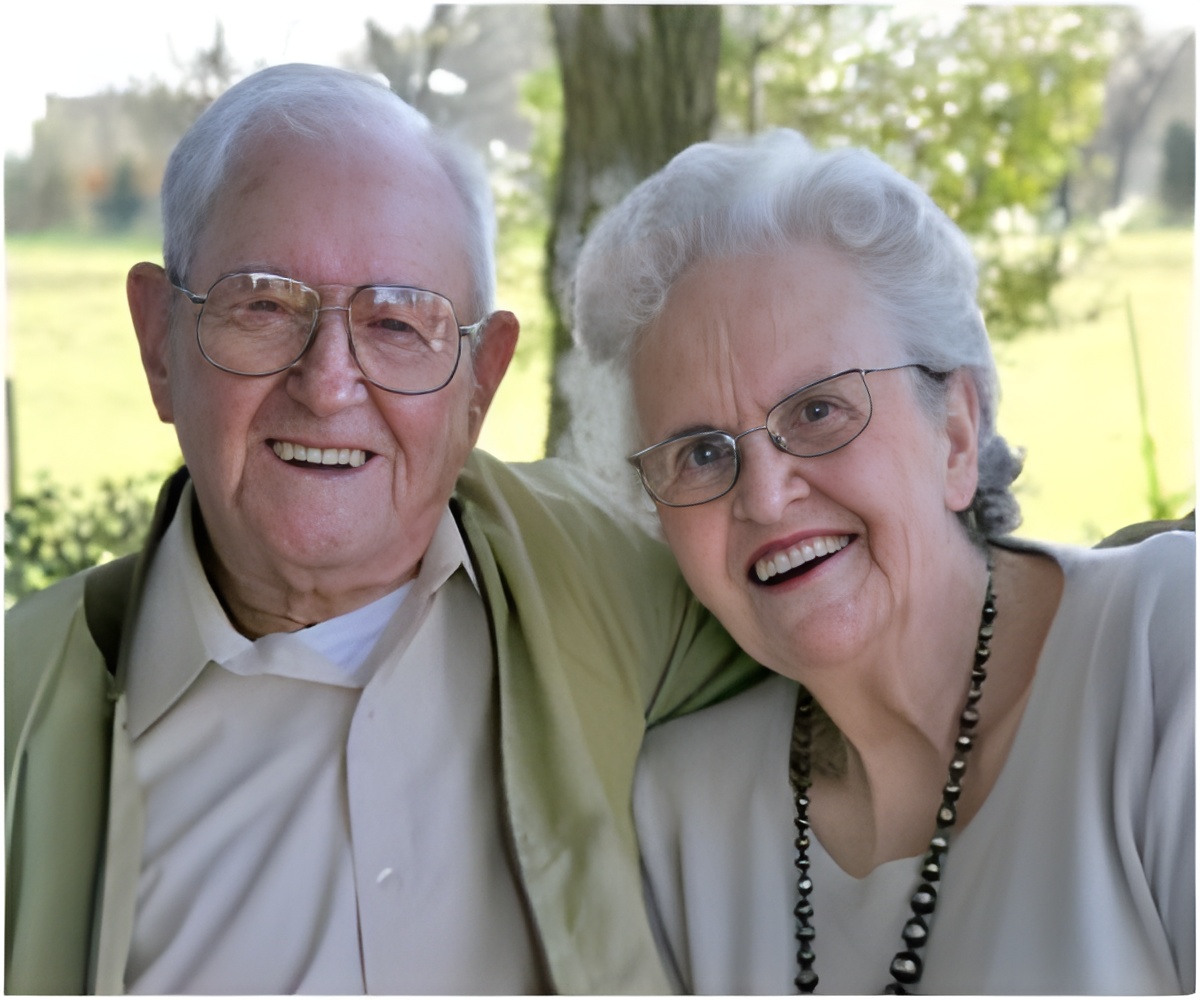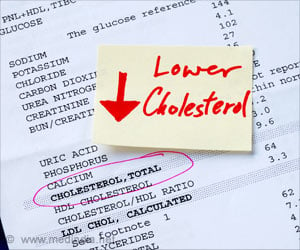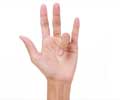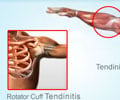Gene expression is largely dependent on gender, shows study on tendon aging and relative gene expression in males and females.

‘Tendon disease may require different treatments in males and females because alternative mechanisms may be involved.’





Tendinopathy is a set of tendon disease that results in the tendons not functioning normally. Its development increases in frequency with age. Gene expression
In this, the first study of its kind, researchers from the University's Institute of Ageing and Chronic Disease, analysed in parallel a number of gene datasets from male and females from two age groups (20-24 and 54-70 years) to identify sex-specific gene expression changes with age.
Every cell in a human body contains a complete set of chromosomes with every gene needed to make every protein that that organism will ever make. However only a very small fraction of these genes are ever expressed in specific tissues at any one time.
Each cell is specialised to carry out certain tasks and will only need to express certain genes. Gene expression is the process by which specific genes are activated to produce a required protein.
Advertisement
The researchers analysed these genes and identified distinct molecular pathways which affect ageing in tendon dependant on gender.
Lead researcher Dr Mandy Peffers, said: "Our research highlights the possible need to treat tendon disease differently in males and females because alternative mechanisms may be involved.
"Our findings could help in the treatment of more bespoke treatments for this large patient group."
Source-Eurekalert













